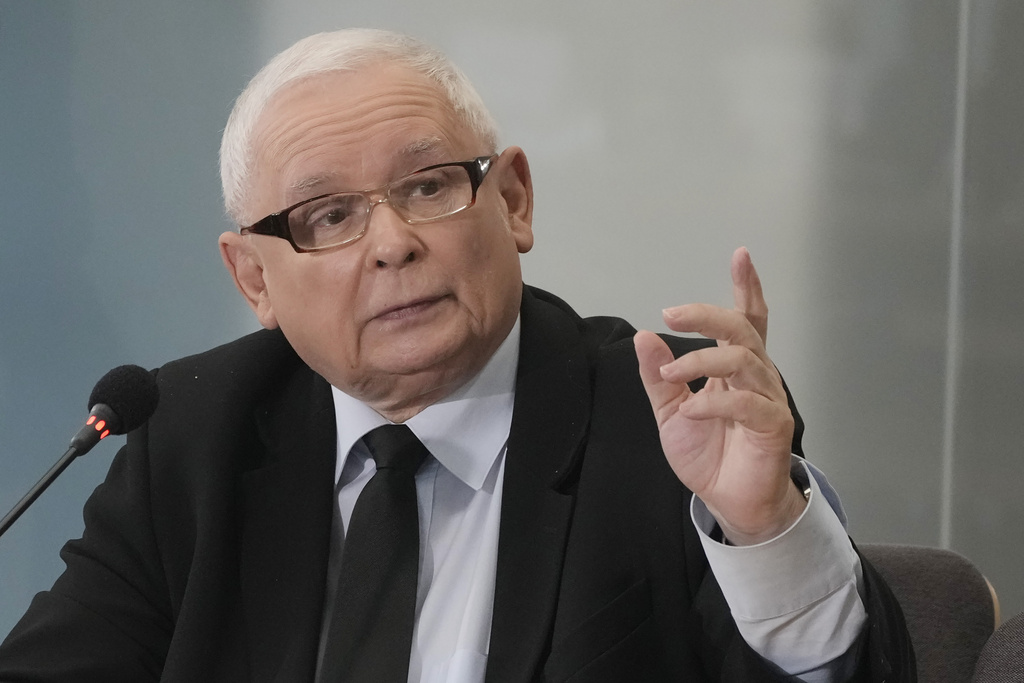I think it wouldn’t be true to say that it was a walk in the park for Jarosław Kaczyński. The all-day hearing, the need to endure crude jibes from very primitive people, the genuinely complicated and confidential material of the intelligence services, and questions about matters from many years ago — all together posed a significant political, legal and aesthetic challenge.
The position of the interrogated is obviously uncomfortable, and the rulers do not even hide that they are not seeking the truth. The aim is the primitive humiliation of the summoned witness by primitive interrogators, who, out of fear, are supposed to do this or that.
Kaczyński had to take it, as people sometimes colloquially say, on the chin; he had to face this challenge head-on. And he did.
He was well-prepared, with legal and governmental experience also playing a role. He did not let himself be provoked — it was the interrogators whose nerves gave way in an embarrassing manner. He showed a sense of humor and exposed the cultural and educational deficits of the interrogators.
He emerged from this clash victorious politically, as he proved to remain an efficient and effective political leader. He won in the media, as he gained the sympathy of viewers — except for the most entrenched against him — under extremely unfavorable conditions. Substantively, he caused the bubble of the supposed Pegasus scandal to burst, just as the visa and mail voting scandals did.
Today, it is Donald Tusk who has a problem with his lie, pronounced in the presence of the president, about the existence of some alleged list of people under surveillance. No one confirmed this, including people from the government. The media of the Third Polish Republic try to shamelessly distort this image — this media machine of lies is capable of anything. But the people in power know the truth.
Therefore, the commission’s chair, Magdalena Sroka, humiliated and ridiculed in her failure and her neophyte anti-PiS fervor, dreams of a rematch, announcing that “the commission will meet again with Jarosław ‘I don’t remember’ Kaczyński.”
Does she want more?
Therefore, former Deputy PM Roman Giertych uttered a terrible sentence about “wiping the smile” off the face of the opposition leader. These are disgusting words. People in democracies should not speak like this, this is how people of regimes talk.
The triumph of Kaczyński at the Pegasus commission clearly made the authorities tremble. It is understandable, they too know what happened: We are witnessing an important turning point. The moral panic induced before the elections by the cumulative campaign of domestic media, fueled by massive external funding, in concert with German and Brussels blackmail, is flaming out before our eyes.
After all, everything was based on the conviction that when they, the opposition, get a chance to question Kaczyński, they will immediately prove his nefarious actions, demonstrate the “criminality” of his previous government. This confrontation fantasy was built over many years, and when it finally happened, the Poles saw only the farcical nature of the accusations, the dramatic, sometimes embarrassing quality of the “democratic” investigator-prosecutors, and the class and good assertiveness of the leader of the Polish right.
This will have its political consequences. Who knows, maybe in a few months, we will see the end of the gloom and the beginning of a big, good wave for Law and Justice. And they probably sense it too.






